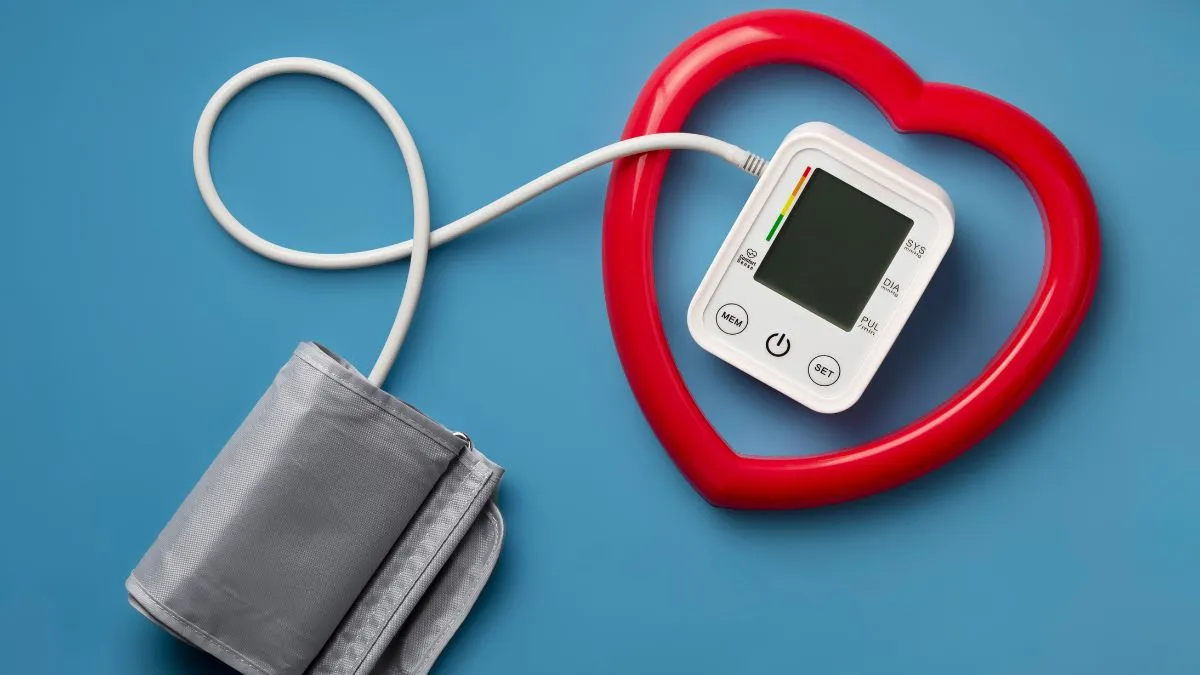
Hypertension is a silent epidemic that is affecting millions of people worldwide. This is a lifestyle condition that is manageable, but it can increase the risk of many other chronic illnesses. High blood pressure affects more than 220 million Indians today, but what happens when it stops responding to medication? For some patients, this is a daily reality: dangerously elevated blood pressure that puts them at risk of stroke, heart failure, or kidney damage, despite taking all the right pills.
Table of Content:-
According to Dr Naveen Bhamri, Vice Chairman & HOD Intervention Cardiology, Max Shalimar, New Delhi, “These are individuals living with resistant hypertension, a more stubborn, dangerous version of high blood pressure that doesn’t respond to even a full course of medications. For them, a promising new option is emerging: a one-time, minimally invasive procedure called renal denervation (RDN).”
When High Blood Pressure Medication Stops Working
What is resistant hypertension? The American Heart Association and doctors worldwide consider hypertension ‘resistant’ when a person’s blood pressure remains high despite taking three or more antihypertensive medications (including a diuretic) at full doses. Unfortunately, this isn’t rare. In India, where stress and salt-heavy diets are a regular affair, resistant hypertension becomes a common issue and that’s where renal denervation offers renewed hope.
What Is Renal Denervation?
“Think of your kidneys as command centers in regulating blood pressure. They communicate through nerves that run along your renal arteries. In people with resistant hypertension, these nerves can become hyperactive, like a stuck accelerator. Renal denervation uses radiofrequency energy to calm those overactive nerves. The energy is delivered via a catheter inserted through a small incision near the groin. The procedure takes about an hour, and most people go home the same day,” explains Dr Naveen Bhamri.
Also Read: Beyond Blood Pressure, 6 Essential Tests Every Young Indian Should Take for a Healthy Heart
Real-World Results Are Encouraging
In a landmark clinical trial, patients who received RDN experienced a 26.4 mmHg drop in office-based systolic blood pressure three years after the procedure. In contrast, those who did not receive the procedure saw only a 5.7 mmHg drop.
Even outside of clinical trials, results have been promising. Global SYMPLICITY Registry (GSR) is the largest renal denervation (RDN) real world data set in the world, with more than 4,000 patients enrolled. The study has demonstrated sustained blood pressure symptoms reductions across multiple populations, with minimal adverse events. Complications such as renal artery stenosis were seen in fewer than 0.3% of cases.
Why This Matters for India
As per Dr Naveen Bhamri, “Hypertension is one of India’s biggest and most under-addressed health challenges. Over one in four adults in India suffers from high blood pressure, yet less than 15% have it under control, according to WHO and ICMR data.”
Also Read: Blood Pressure In The Digital Age: How Screen Time And Sleep Disruptions Affect The Heart
This is where RDN can be helpful: it’s a one-time procedure that delivers sustained results and reduces complications over time. While it’s not a replacement for healthy lifestyle changes, it could be a game-changer for those with chronic non-responsiveness to medication.
Not a Cure, But a New Beginning
Dr Naveen Bhamri concludes by saying, “Renal denervation isn’t a silver bullet. It’s currently best suited for a narrow group of patients, those with confirmed resistant hypertension. But in the battle against one of the world’s leading causes of death, it represents something new: a proactive tool that enables patients to take control over their bodies and their futures.”
As more long-term studies roll in, and global guidelines continue to evolve, RDN could very well redefine how we manage high blood pressure, not just in ICUs or specialty clinics, but across everyday Indian healthcare.
Also watch this video
How we keep this article up to date:
We work with experts and keep a close eye on the latest in health and wellness. Whenever there is a new research or helpful information, we update our articles with accurate and useful advice.
Current Version
Sep 24, 2025 18:46 IST
Modified By : Chanchal SengarSep 24, 2025 18:46 IST
Published By : Chanchal Sengar
